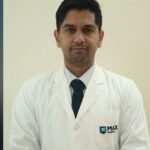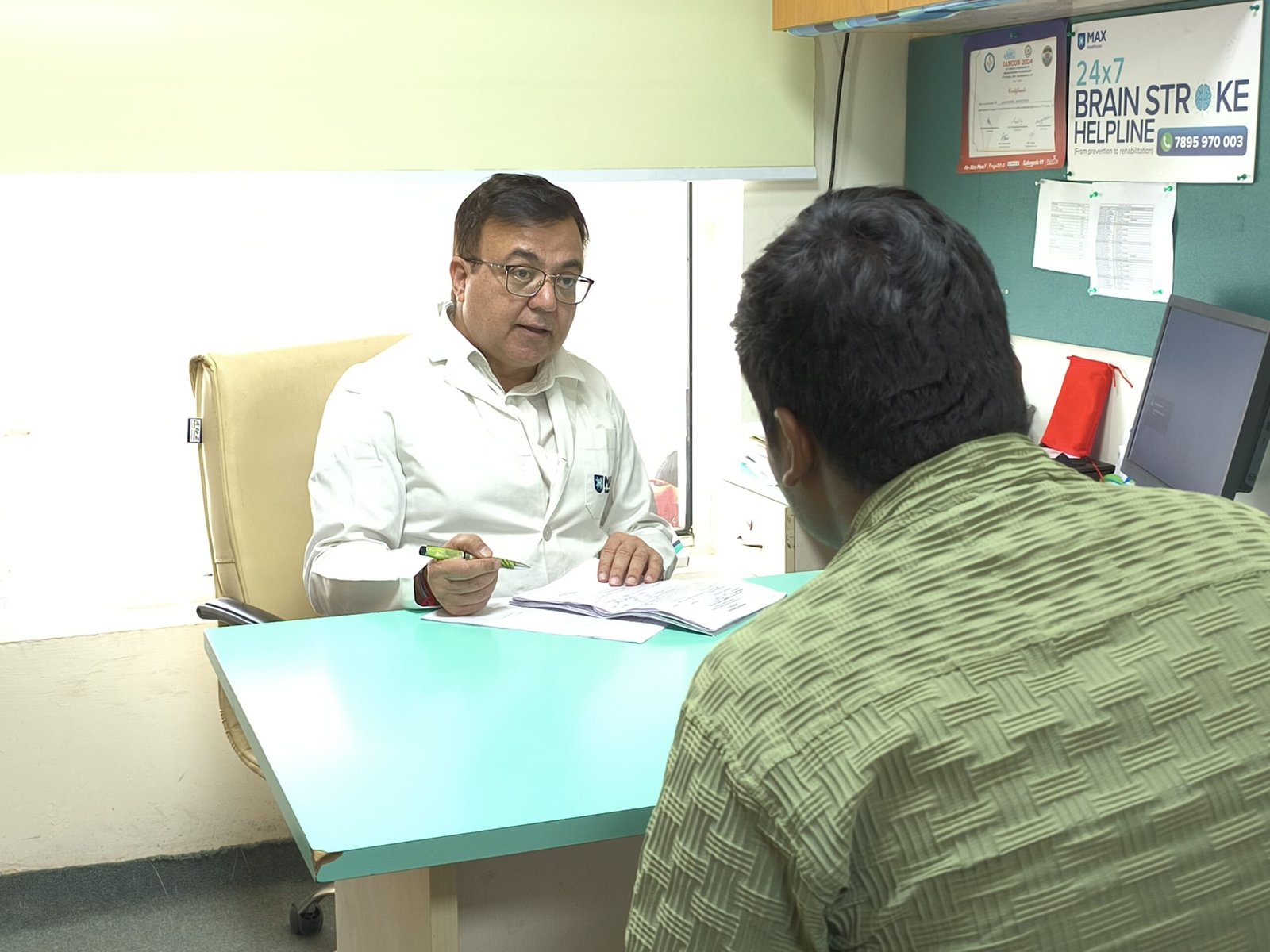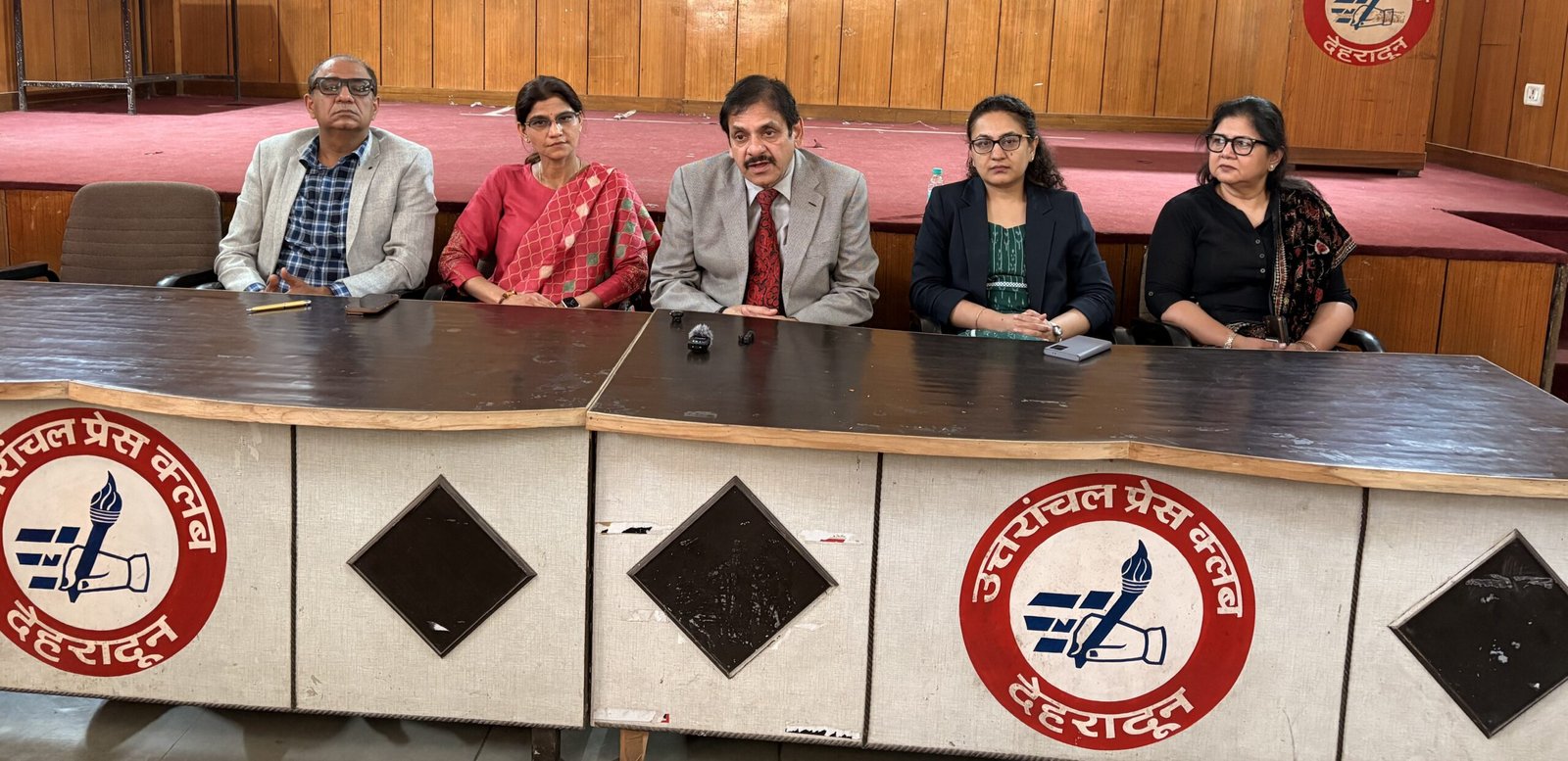Haridwar : On the occasion of World Parkinson’s Day Max Super Specialty Hospital, Dehradun, observed by raising awareness about the symptoms, treatment options, and surgical advancements available for managing Parkinson’s disease.
Parkinson’s disease is a progressive neurological disorder that affects movement and significantly impacts an individual’s daily life. Parkinson’s the second most common neurological disorder after Alzheimer’s.
Dr. Shamsher Dwivedi, Director, Neurology, Max Super Speciality Hospital, Dehradun, explained that “Parkinson’s occurs when dopamine-producing nerve cells in the brain begin to deteriorate or when dopamine production is disrupted. Dopamine is a crucial neurotransmitter responsible for controlling movement, coordination, and balance. While the exact cause of this disease remains unknown, genetic and environmental factors are believed to contribute to its development.”
Discussing the symptoms of Parkinson’s disease, Dr. Dwivedi further said that, “The symptoms develop gradually and may be difficult to recognize in the early stages. Patients may experience involuntary tremors in their hands, fingers, or chin. They may also suffer from bradykinesia, a condition where body movements slow down, making routine tasks increasingly difficult. Muscle stiffness and rigidity often lead to discomfort and restricted mobility. As the disease progresses, balance issues arise, causing difficulty in walking and increasing the risk of falls. Many patients also experience changes in speech and writing, with voices becoming softer or unclear and handwriting becoming smaller and less legible.”
Dr. Dwivedi emphasized that although there is no permanent cure for Parkinson’s, its symptoms can be managed effectively with various treatment approaches. In the initial stages, medications and movement therapy help control symptoms. However, after five to six years, the effectiveness of medications often declines, and in some cases, they may not work at all. For such patients, Deep Brain Stimulation (DBS) offers a promising surgical solution. DBS involves implanting a small device in targeted areas of the brain that emits electrical signals to regulate abnormal nerve activity. This procedure helps reduce tremors, muscle stiffness, and movement difficulties, significantly improving a patient’s quality of life.
Highlighting the continuous advancements in medical research, Dr. Dwivedi expressed optimism about new treatments and innovative technologies that aim to enhance the lives of Parkinson’s patients. He stressed that early diagnosis and timely intervention play a crucial role in managing the disease effectively.











